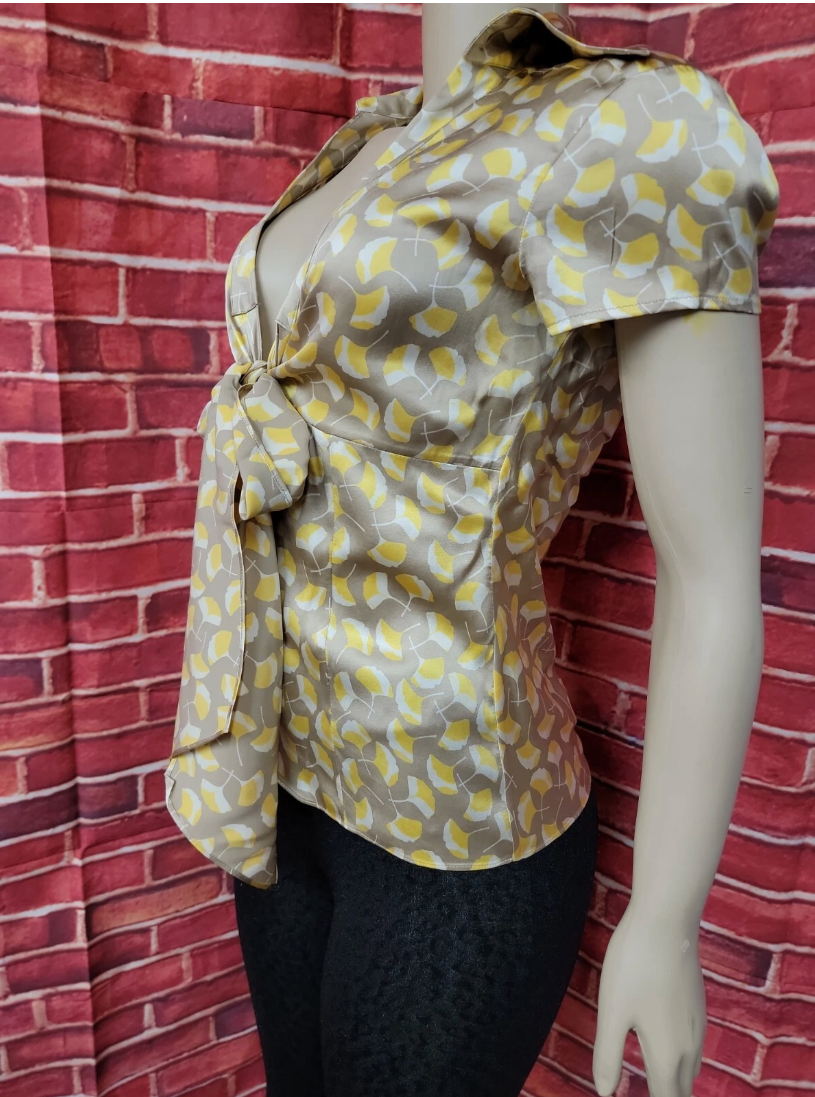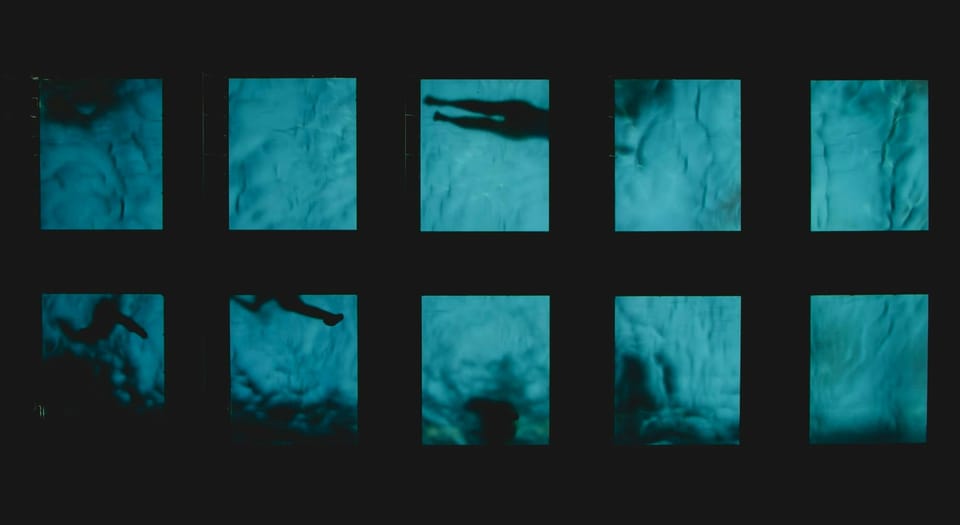Innocence: Sliced to Shreds
The day JJ told me their new name and they/them pronouns, I lost my girlhood self. That’s not a bad thing
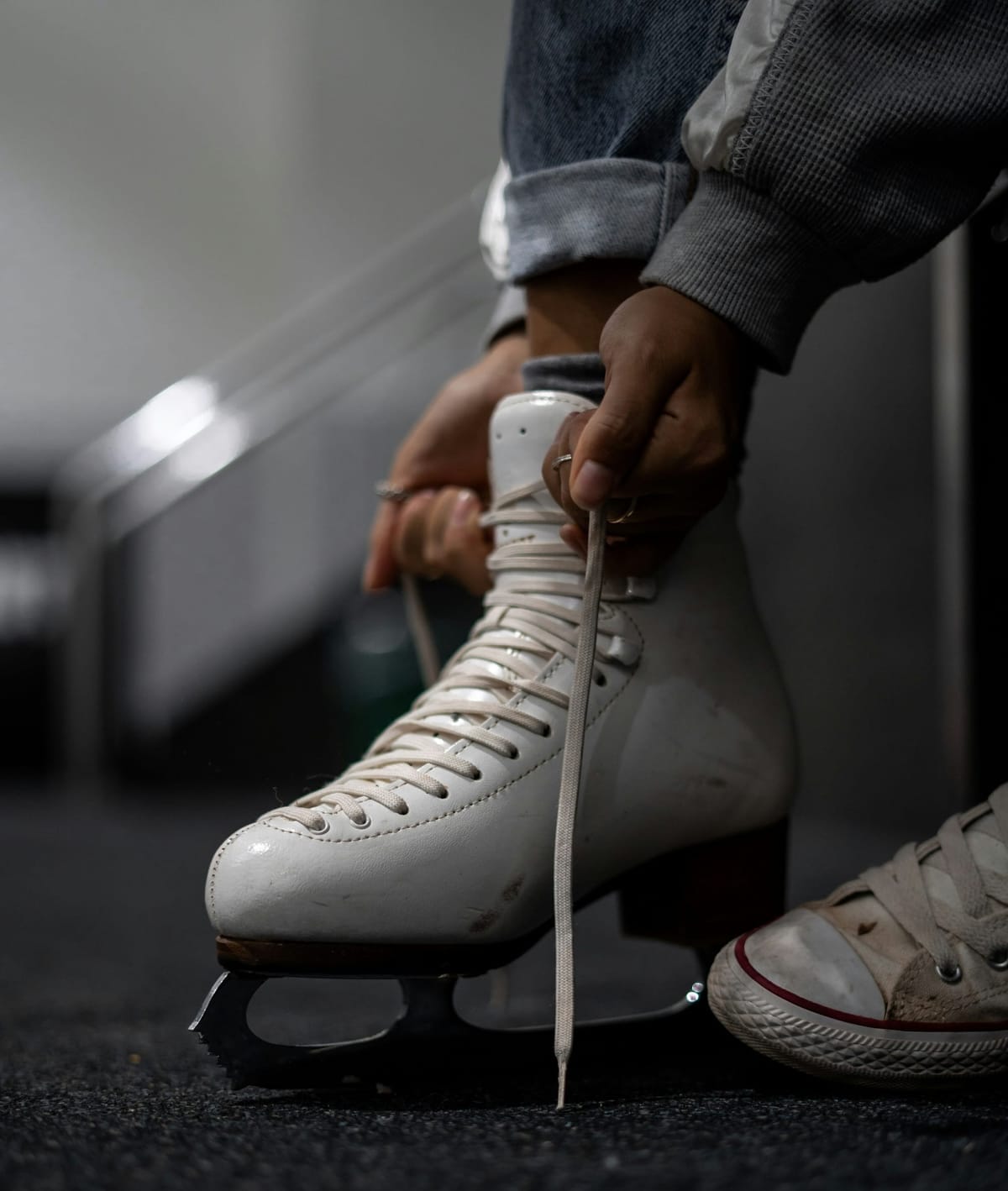
When I think about it, the perils of the new world began long before the trans panic, long before my child, at age 11, came out to me as trans nonbinary.
Indeed, the new world first came alive in the jaw I clenched in sleep after my father told me, at age 11, to pull the blinds down in my bedroom while changing because neighbors could see me.
To my horror, the interior of my room had been projected out into our cul-de-sac. I had always taken comfort in my reflection within the window's light; now I understood that my own father must have witnessed me changing into my pajamas, perhaps as he was taking the trash to the curb before he came to my room to read to me before I went to sleep.
There was no small amount of disgust in his voice when he said pull down the blinds. My father’s delivery suggested I should already have been aware my body was a potential sexual object. The shame of a new body, a body to be hidden, is one many cis women will be familiar with. This was the first time it had been directed at me.
That year was the same year my father stopped reading to me.
I would clench my jaw through adolescence and into adulthood.
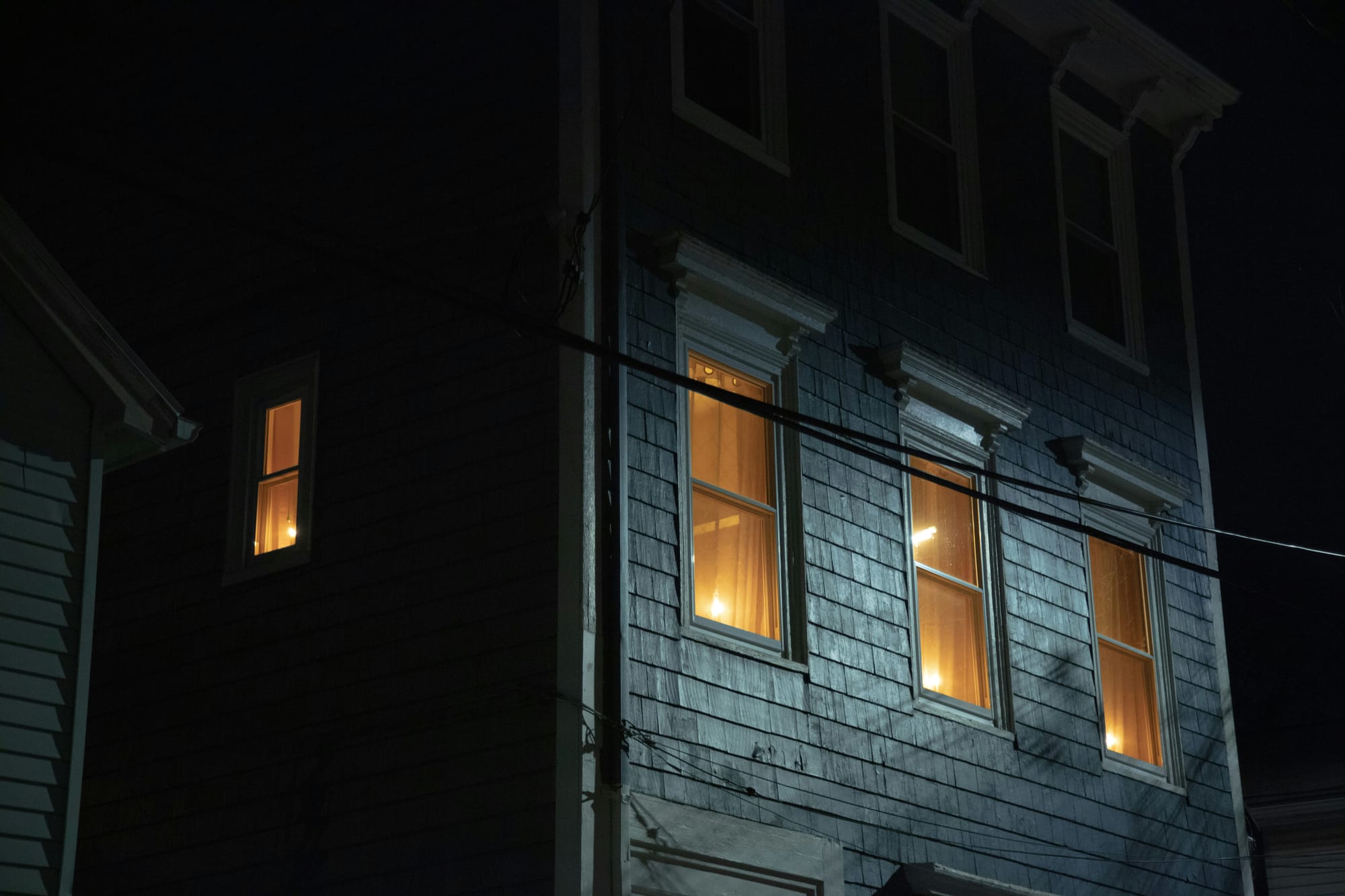
Ancient
By the time my child was born, the new world felt old. Not old in a way that ever got comfortable, but ancient, like a church service that never ended and I could not escape from. At least, since I had been living in it so very long, nothing could surprise me.
Until the day JJ told me their new name and that they were now using they/them pronouns. That day, the new world began again.
I went to my exercise class as usual. I watched myself in the mirror as I jumped up and down among the other cisgender (I assumed) women, feeling my face about to crack with hot tears. Me and these women, we all looked alike! I had taken JJ, before they were JJ, with me to this class once or twice, hoping to encourage them to exercise. After all, my child was one of us too! And wouldn’t it be fun? A mommy-daughter thing.
Like this essay? Subscribe and get Gender Defiant in your inbox!
After class, I dropped into my car. On the phone with my mother, she suspected JJ’s new identity was a phase. I maneuvered my car out of its parking spot and into traffic. The urban winter made me dizzy. Time felt like a glaze painted onto my world. I could feel it hardening, and I knew it would eventually crack.
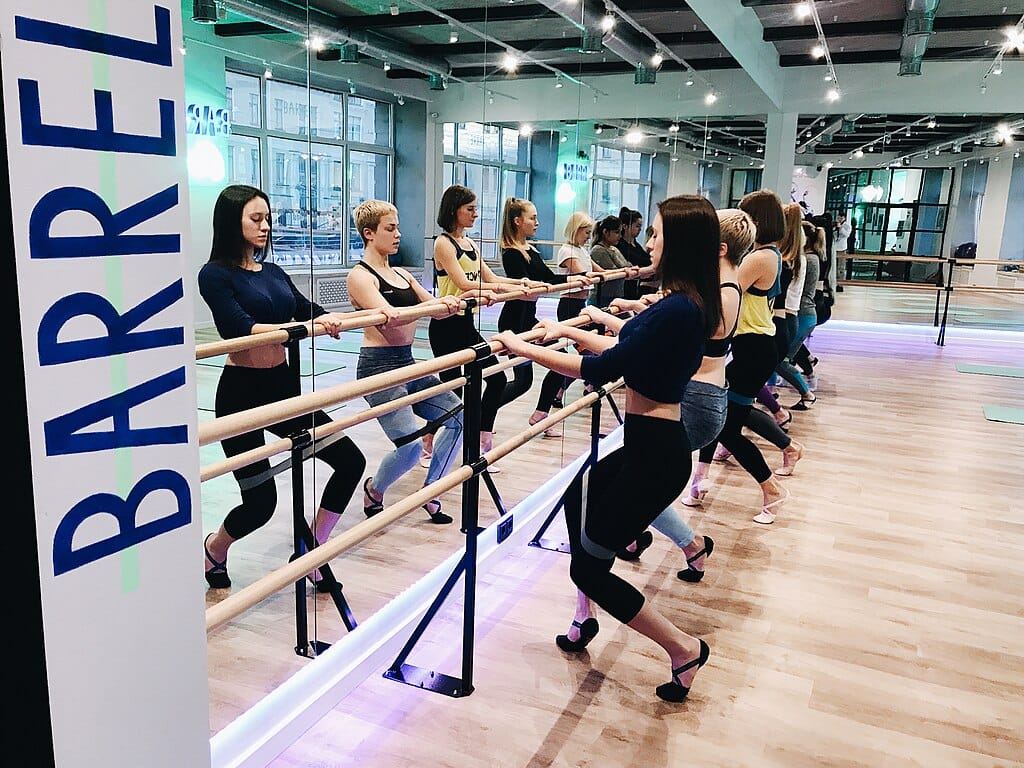
Uneasy
JJ was not, as they had explained, “one of us.” In fact, they felt deeply uneasy in my exercise class because the space was entirely cis and female. Then I remembered how they didn’t care for the glittering little sheath they had to wear for figure skating.
JJ began skating at the age of 4 during a summer in which I was desperate to get them into camp. A local theatre-troupe-on-ice offered an affordable two-week session in June that turned JJ into a figure skater overnight.
Years later, in their final performance, before Covid hit, JJ spun in a sequined sheath. They were slender, all arms and legs, with dark-blond hair pulled back and a face made up to anticipate the woman they would become.
The costume had a skirt so short it was a mere pretense of skirt. It was made of that wispy figure-skater fabric that floats around your butt and thighs as you move across the ice. I don’t like this, they said when they first tried it on. But the costume was one of a set that had been designed and sewn specifically for that group of girls. There was no tailoring it: there was no fabric to tailor! Can you add material to a costume?
I brushed JJ’s complaint aside, thinking it a phase, and took lots of pictures. I beamed with pride at my daughter who moved with a combination of grace and klutz, their grin missing a front tooth. Their goofiness was part of their gorgeousness.
Verging
I hate thinking about when my father said shut the blinds not only because it gives me the creeps but also because it cuts a line sharp as a skate blade between my childhood and adolescence.
Maybe I found JJ so breathtaking on the ice because their body had not yet truly begun to develop. They were still a kid, but verging on what was ahead: you could see the potential of the woman they would, I thought at the time, become. She was so pretty.
They were still a kid, but verging on what was ahead: you could see the potential of the woman they would, I thought at the time, become. She was so pretty.
But my awe at JJ glittering in a dress at age 11 was not simply that of a mother seeing her child grow up. I was trying to make JJ a portal to my own girlhood. Looking at them, I searched for a remnant of the feeling that had been knocked out of me—forever—when my father informed me that I had been undressing before neighbors, however unwittingly.
When I drew the shades in my room, as I have done in every other bedroom ever since, my eleven-year-old-self disappeared. I looked to JJ to reflect her back to me.
I wanted to feel again the ordinary comfort of my body. And to spare JJ the shame that had been sprayed on me. I would never do what my father did: I would guide my child to celebrate and respect her body so that she would feel support, not peril, as she became a woman.
What happened, as we know, is different.
Refuge
When JJ came out as trans, I could no longer take refuge in a certain feminine innocence. Without JJ’s dresses, makeup, and long hair, I faced a stark new reality in the absence of gendered norms.
Strange now to realize how I cleaved to those gender constructs for comfort. And there’s a stink of sentimentality wafting through my moments of grief over my lost daughter, given what I had actually lost was about me, not them.
In the end, I don’t think there is a way to spare your child the peril of whatever world they come of age in. But I also don’t think we have to frame our existence in such gendered terms. The world, and my father in it, insisted I do. But bearing my gender as a burden was my choice to make, too.
Is my choice to make.
As I guide my child to celebrate and respect themself as the person they truly are, they are also teaching me a lot about myself.
—T.C.

